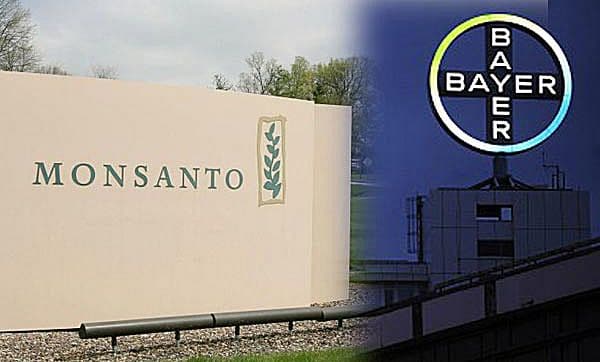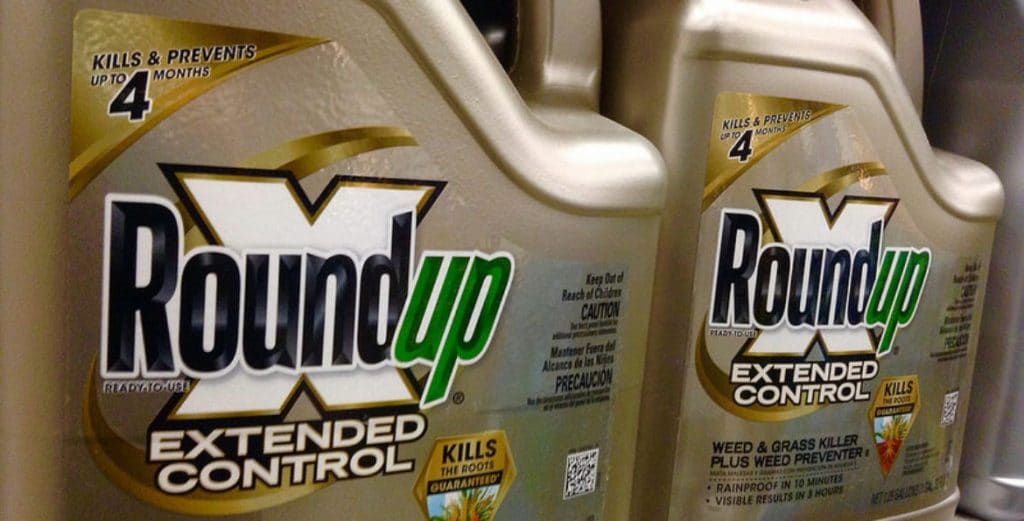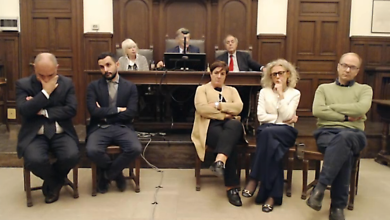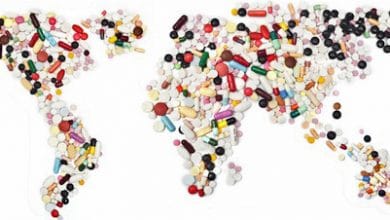
Resounding conclusion of the EPA, the United States Environmental Protection Agency, in stark contrast to several sentences issued in recent years by different courts
AGI by Sonia Montrella – 3 May 2019
As not mentioned, glyphosate is not carcinogenic: it has it established the Environmental Protection Agency of the United States (EPA) in contrast with the sentences handed down by various courts in the country. The EPA thus confirms what has already been said above by exculpating the key ingredient of  Roundup pesticide from Monsanto, now controlled by Bayer.
Roundup pesticide from Monsanto, now controlled by Bayer.
“EPA continues to maintain that there are no health risks if glyphosate is used according to the rules. And that the substance is not carcinogenic,” reads a statement from the agency. For the EPA there are not enough elements to declare the link with cancer. The product would present a 'low toxicity' for bees while it constitutes a 'potential risk' for animals and plants, including aquatic ones, so much so that the agency is proposing new restrictions on its use, especially in the air.
There are 13,000 lawsuits against Monsanto on the alleged effects of glyphosate, one of which is a class action lawsuit. Two judgments have already condemned the company to millionaire compensation. Last year, Dewayne Johnson, a 46-year-old California farmer suffering from a non-Hodgkins lymphoma in terminal stage, he won the case against Bayer obtaining 289 million dollars in compensation.
Things
On the market since 1974, glyphosate is a non-selective herbicide that eliminates all weeds without distinction. Since its introduction, nearly 9.5 million tons have been sprayed onto fields. Among its strengths are the simplicity of use and the low cost and this makes it one of the herbicides already used in agriculture. But according to a study published in the Journal of the American Medical Association (JAMA)Glyphosate levels have risen dramatically over the past two decades. Researchers from the University of California at the  San Diego School of Medicine compared the levels of glyphosate in the urine of 100 people over a 23-year period.
San Diego School of Medicine compared the levels of glyphosate in the urine of 100 people over a 23-year period.
They started in 1993, the year before Monsanto introduced genetically modified crops resistant to Roundup, the trade name of the herbicide. Since these crops have spread, the use of herbicide around the world has increased by about 15 times. In 2015, the International Agency for Research on Cancer (IARC), which is part of the WHO, included it in the list of "probably carcinogenic" substances (group 2A).
EFSA, the European Food Safety Authority, has expressed a more reassuring judgment with an assessment that follows those of glyphosate producers. In particular, it updated the toxicological profile and declared that "glyphosate is unlikely to constitute a carcinogenic hazard for humans" proposing "new safety levels that will make the control of glyphosate residues in food more stringent". But the WHO still assures that pesticides and herbicides have caused the death of at least 200,000 people worldwide by poisoning.
Related news: Case Bayer, Sitox's analysis on the toxicity of glyphosate





